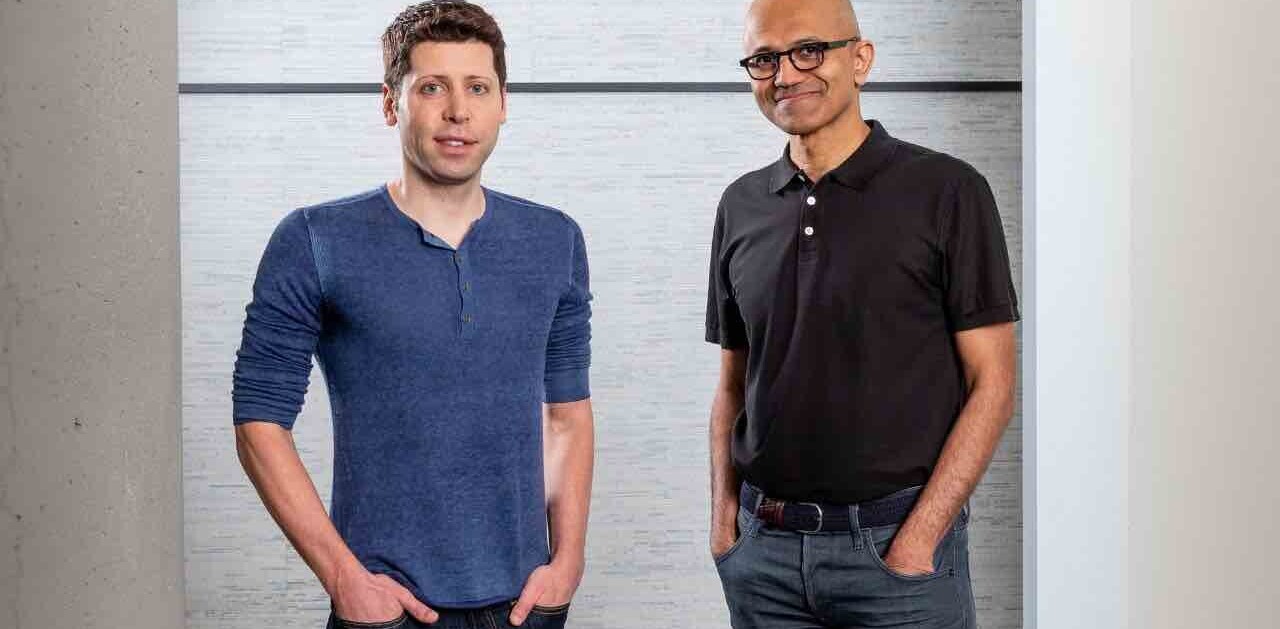
Creating a startup may be one of the most difficult things you ever attempt, but scaling the venture to a mass market is even harder.
As your brand grows, unless you’re fully prepared to scale it properly, everything will become chaotic. Often leading everything to fall into disarray and eventually crumble.
With over 90 percent of startups never reaching their fifth birthday, it’s no secret starting a business is just the beginning of the race. Growth of a business comes with its own sets of hurdles and requires massive endurance. The more effective your sales and marketing tactics, the more likely you will mess up with scaling up.
With this tremendous problem that needs a solution, how can you equip yourself to deal with the challenges that come with success? One of the best ways is to look to successful brands in your industry or adjacent, and see how they managed their growth. After all, why reinvent the wheel?
After speaking with three top entrepreneurs in their respective industry, each with their own unique backgrounds and encountered problems, I realized a pattern in their scaling approaches.
Jimmy Zhong: Build meaningful features

When they first started out, they were still exploring what Studypool would really become, and understanding what their customers would really appreciate. Zhong says they started off wanting to be a question and services site for professionals, which was pulling them in over thirty different directions. Now, Studypool caters to students in over thirty different subjects.
To reach this vision, Zhong explains they went back and analyzed their data. They talked to their mentors, and that’s when they started thinking about students and their typical learning experiences. According to him, they have daily problems studying, meaning they would have more a frequent need for asking questions than the typical professional, who may have a question every few months at most. Now, Zhong’s company provides help to over a million students.
Understanding this specific use-case with students was pivotal for making Studypool the ideal website for students. Knowing students are financially ill-equipped, their pricing model is set at a few dollars per question, drastically cheaper than typical tutoring services run. It also targets the untapped market of those who need an answer to a question at two a.m. and can’t wait until the next day.
As you scale your startup, keep in mind that getting new clients is only one part of long term success – you also need to serve them with the same quality you promised them. There’s no shame in needing to slow down, or be selective about the customers you do accept. Remember, it’s a marathon, not a sprint.
Gallant Dill: Perfect your hiring

As the CEO of InStoreConnection, a company specializing in bringing new products to market in major retail chains, Dill had to learn to quickly scale. For every success, he earned dozens of new clients. In order to avoid lowering his success rate, InStoreConnection needed to grow quickly, without sacrificing quality. This required an optimized HR process for onboarding staff.
He says their product, in essence, boils down to personal connections and an assured level of success with their vendors. Dill says they vet every incoming client to ensure that they never try to push a product doomed for failure, since this would compromise the relationship with the retailer.
When InStoreConnection first started, Dill hired people who he was friends with that already understood the industry. As they grew, he had to revamp their interview process so that they could accurately vet incoming employees and operate with a smaller margin of error. Doing so stressed the importance of a quality HR department in ensuring a high quality of staff.
Andrew Medal: Test, and test again

Andrew started off as a private contractor but is now the CEO of Agent Beta, a leading web design firm. As he added more people to his team, he found the best way to ensure his company didn’t suffer was to test everything. Not just his products, but also team functionality, hierarchy, and more.
Medal explains before you sink money and time into a new process or piece of software, make sure to test it on a small scale. He advises to run trials, spend the smallest amount, and of course, ask for feedback from any teammate who will be impacted by the change. One of the worst feelings in the world is wasting your resources.
Between all three sets of experiences, the common theme was to understand the processes inside and out before pushing a large change. All too often entrepreneurs can put exponential growth as the largest priority, but more frequently this failure to understand the nitty-gritty details can lead to exponential failure as the end product is improperly scaled. Focusing on proper scaling is by far the most important skill-set for long term growth.
Get the TNW newsletter
Get the most important tech news in your inbox each week.




